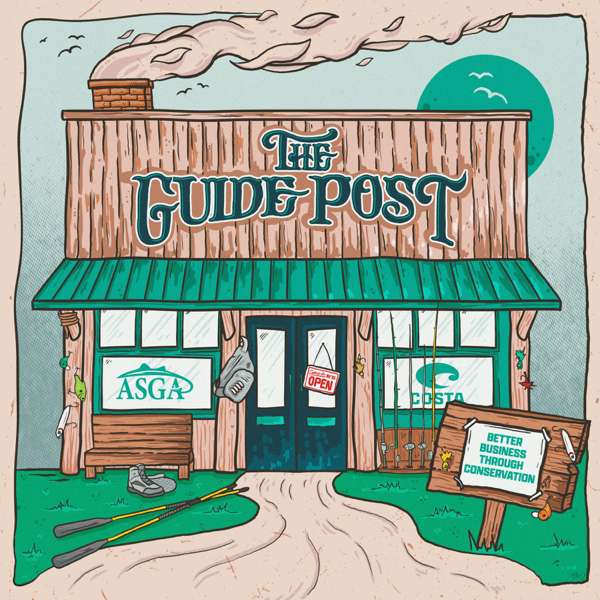When we get sick, we change our social interactions—we keep away from others and we don’t share food. It turns out, humans aren’t the only species to do it.
According to a new review in the journal Science, when highly social animals — such as ants, mice and bats — get sick, their social interactions change, too. For example, sick vampire bats groom each other less, move less and call out less, and this may help reduce the spread of disease. It’s not active social distancing, but rather more like the way we humans are less active when we’re feeling lousy. Ants on the other hand are more proactive: when sick, they will actively self-isolate in a way that helps protect the rest of the colony.
By studying how social behavior changes in various animals, scientists are hoping to better understand the effectiveness of different strategies humans use, like social distancing, to combat the spread of diseases like COVID-19.
Today on the show we’ll meet Sebastian Stockmaier, a recently minted PhD scientist at the University of Texas at Austin, who has spent seven years studying vampire bats and how their social behaviors change when they feel sick.
Watch a video of a vampire bat tricked into feeling sick: https://youtu.be/lCr52sn76Wg
Watch a video of vampire bats “contact calling”: https://youtu.be/p9NcOGy8kJY
A collection of vampire bat videos: https://socialbat.org/videos/
Read the new review paper in the journal Science, “Infectious diseases and social distancing in nature”: https://science.sciencemag.org/content/371/6533/eabc8881
Music for today’s show was produced by:
• Podington Bear - https://www.podingtonbear.com/
Photo credit: Josh Moore, Smithsonian Tropical Research Institute.
About Point of Discovery
Point of Discovery is a production of the University of Texas at Austin's College of Natural Sciences and is a part of the Texas Podcast Network. The opinions expressed in this podcast represent the views of the hosts and guests, and not of The University of Texas at Austin. You can listen via Apple Podcasts, Spotify, RSS, Amazon Podcasts, and more. Questions or comments about this episode or our series in general? Email Marc Airhart.

 Our TOPPODCAST Picks
Our TOPPODCAST Picks  Stay Connected
Stay Connected







